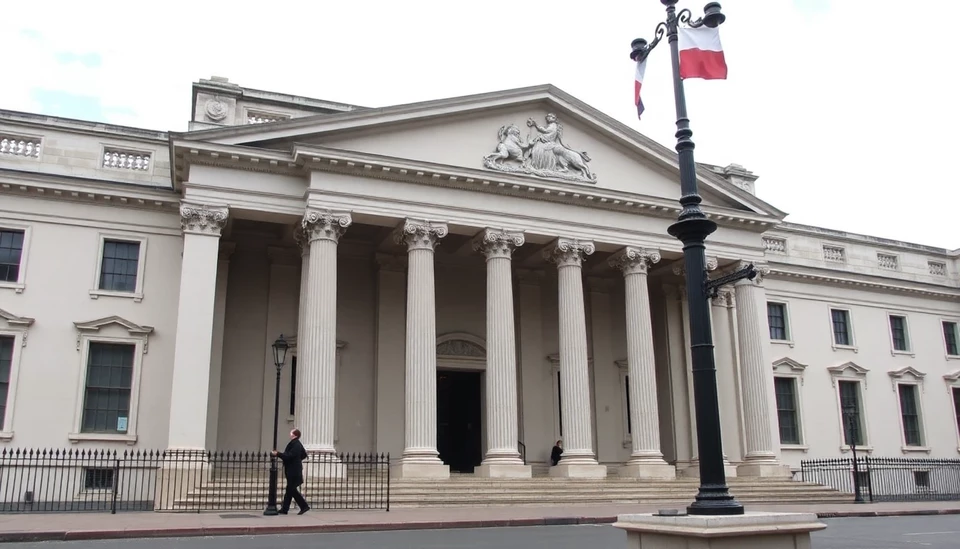
In a decisive move to maintain its monetary strategy, the Bank of England (BoE) has reaffirmed its commitment to an easing plan as three of its officials expressed their support for a rate cut in upcoming meetings. This declaration signals the central bank’s readiness to take action amidst ongoing economic uncertainties and challenges facing the UK economy.
The current scenario reflects an evolving economic landscape, as inflation remains a significant concern despite recent indications of a deceleration. The BoE's decision is rooted in its goal to balance the needs of the economy, ensuring that growth is not stifled by excessively high interest rates while keeping inflation in check.
Recent discussions among the bank's policymakers reveal a more cautious approach moving forward. The three officials advocating for the rate cut believe that the current economic indicators may warrant a shift towards a more accommodative monetary policy. Their perspectives come in the context of a wider review of the country’s financial health, highlighting critical factors that may necessitate an adjustment in interest rates.
One of the notable drivers of this change is the pressure on consumer spending, which has been subdued as households grapple with rising living costs. In addition, the uncertainty surrounding global economic prospects is prompting the BoE to reconsider its stance, as the interplay between domestic and international economic pressures continues to play a significant role in shaping policy decisions.
Analysts have pointed out that while a rate cut could stimulate the economy by lowering borrowing costs for consumers and businesses, it must be weighed against potential repercussions in the form of increased inflation in the long term. The delicate balance the BoE must maintain underscores the complexity of navigating post-pandemic recovery while addressing ongoing fiscal challenges.
As the discussion unfolds, further debates within the central bank will likely take place leading up to the next monetary policy meeting. Stakeholders and market watchers alike are keenly observing these developments, as a shift towards lower interest rates could have wide-ranging implications for investments, savings, and the overall economic climate in the UK.
The Bank of England’s commitment to adopting a flexible and responsive monetary policy framework is a signal that it remains prepared to act decisively in the face of economic challenges. With three officials now supporting a rate cut, the path ahead for the UK economy will be closely monitored by both policymakers and the public.
As the banking authority navigates through this transitional period, it is vital for stakeholders to stay informed about potential shifts in monetary policy and their broader economic impacts.
#BankOfEngland #InterestRates #EasingPolicy #MonetaryPolicy #UKEconomy #RateCut
Author: Laura Mitchell




